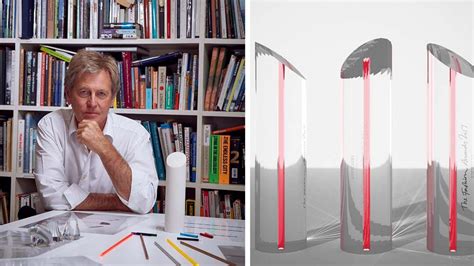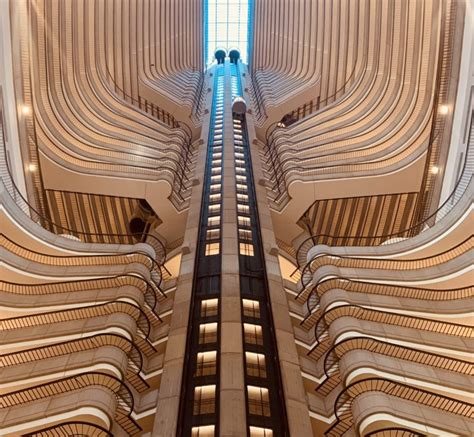A Quote by Magnus Larsson
Architects create spaces that accommodate human activity.
Quote Topics
Related Quotes
Web publishing can create common spaces; it all depends on how we, the readers and sometimes the producers, react to technological change. If we sort ourselves into narrow groups, common spaces will be in big trouble. But there's no reason not to have common spaces on the Internet. There are lots of them out there.
The study of letters is the study of the operation of human force, of human freedom and activity; the study of nature is the study of the operation of non-human forces, of human limitation and passivity. The contemplation of human force and activity tends naturally to heighten our own force and activity; the contemplation of human limits and passivity tends rather to check it. Therefore the men who have had the humanistic training have played, and yet play, so prominent a part in human affairs, in spite of their prodigious ignorance of the universe.
Architecture is inherently a totalitarian activity. One thing we hate about it is that when you design a space, you're probably designing people's behavior in that space. I don't know if we know how to change that, but our goal is to make spaces for people rather than people being subservient to spaces.
Spaces of liberation are, in a certain way, some kind of social spaces where people can not only get together and think about something else, but also act together. If you are thinking about an elemental solidarity, you are thinking about people acting together and taking decisions together, and thereby beginning to think about what sort of society they want to create. So, there is a need for liberated spaces; that is really difficult.
The ultimate aim of all artistic activity is building! ... Architects, sculptors, painters, we must all get back to craft! ... The artist is a heightened manifestation of the craftsman. ... Let us form ... a new guild of craftsmen without the class divisions that set out to raise an arrogant barrier between craftsmen and artists! ... Let us together create the new building of the future which will be all in one: architecture and sculpture and painting.





































